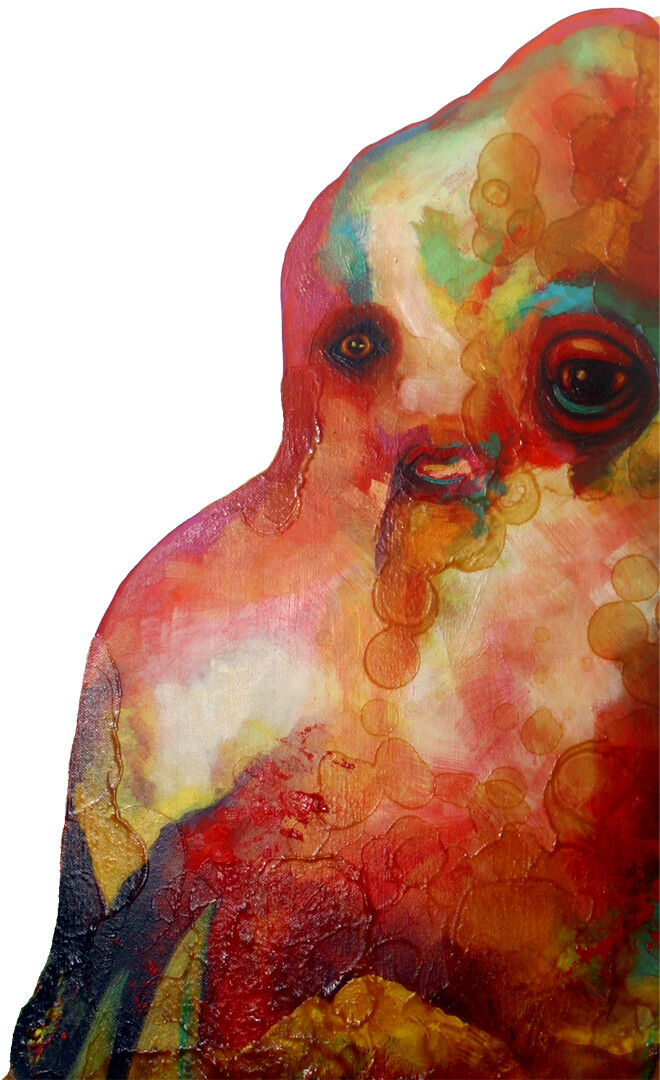I just read this article: ‘If the land is sick, you are sick’: An Aboriginal approach to mental health in times of drought.
It made me think…
We were camping in outback NSW recently and the signs of drought were everywhere. The last time I’d been there, the land was abundant with strange and fascinating wildlife, lizards, butterflies, birds and plants I’d never seen before. Now it was just dust and underneath the worryingly dried out trees, I found the picked over corpses of baby kangaroos and baby emus.
I felt the reality of the climate crisis, I saw that we are truly losing these incredible treasures to the devastating affects of global warming. I thought about how Aboriginal Australians have been on this land for over 50,000 years, I thought of the book “Dark Emu” which demonstrates overwhelming evidence of how they had sophisticated agricultural practices that once made this land a fertile and abundant place and how in such a devastatingly short place of time, colonialism and Western agriculture devastated the land.
Not only were their people raped and murdered, not only was their culture silenced but the carefully tilled soil on their land was stomped down into compacted clay by the hooves of imported livestock, the grasses they made bread with were devoured… in a horrifically short space of time, colonialism and cultural imperialism transformed their verdant, fertile lands into something that was so much less.
And it keeps happening. They keep losing their lands because of our ancestors and because of us. Because of our mismanagement of the land our ancestors stole.
There has been a national crisis of Aboriginal suicides, over this summer, eight Aboriginal children took their own lives. Eight. Eight children killed themselves. Doesn’t this just make your heart break? Doesn’t this make your want to break down in full body sobbing? What drives children to such hopeless despair that they take an action that ends their own lives?
As I walked around the outback, there was dust, bones and silence. Too much silence. The climate crisis is not only taking it’s toll on the beautiful natural world around us but also the people least responsible for it happening. Taking action, demanding better from our politicians, our business leaders and ourselves… it’s our responsibility not just for the sake our our natural world and ourselves, but something we must admit that is a dark debt we owe as part of our colonial inheritance.
I love this country. I’ve lived here my entire adult life and I feel it in my bloodstream as much as my home of Aotearoa New Zealand, I also acutely feel my privilege and the understanding that for Indigenous and underprivileged people around the world, the affects of climate change are already here and they are utterly devastating.
